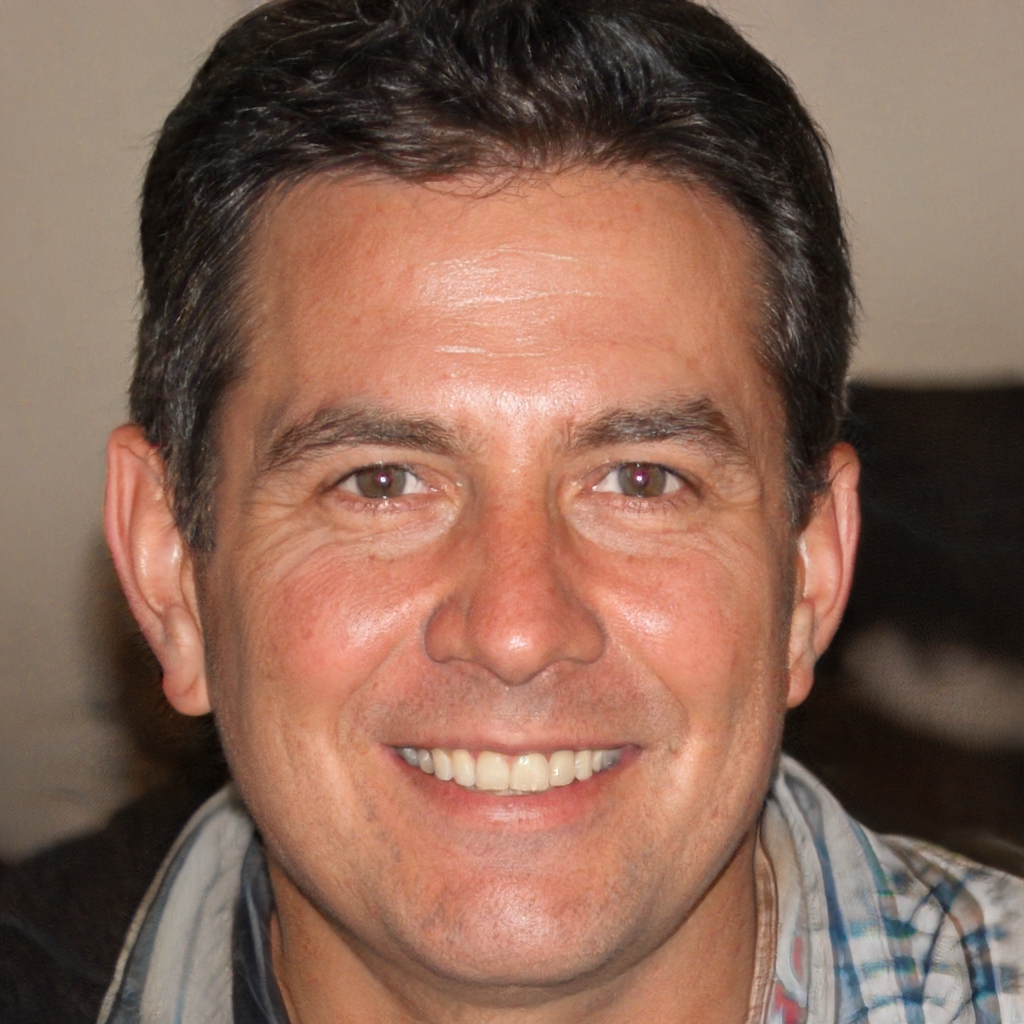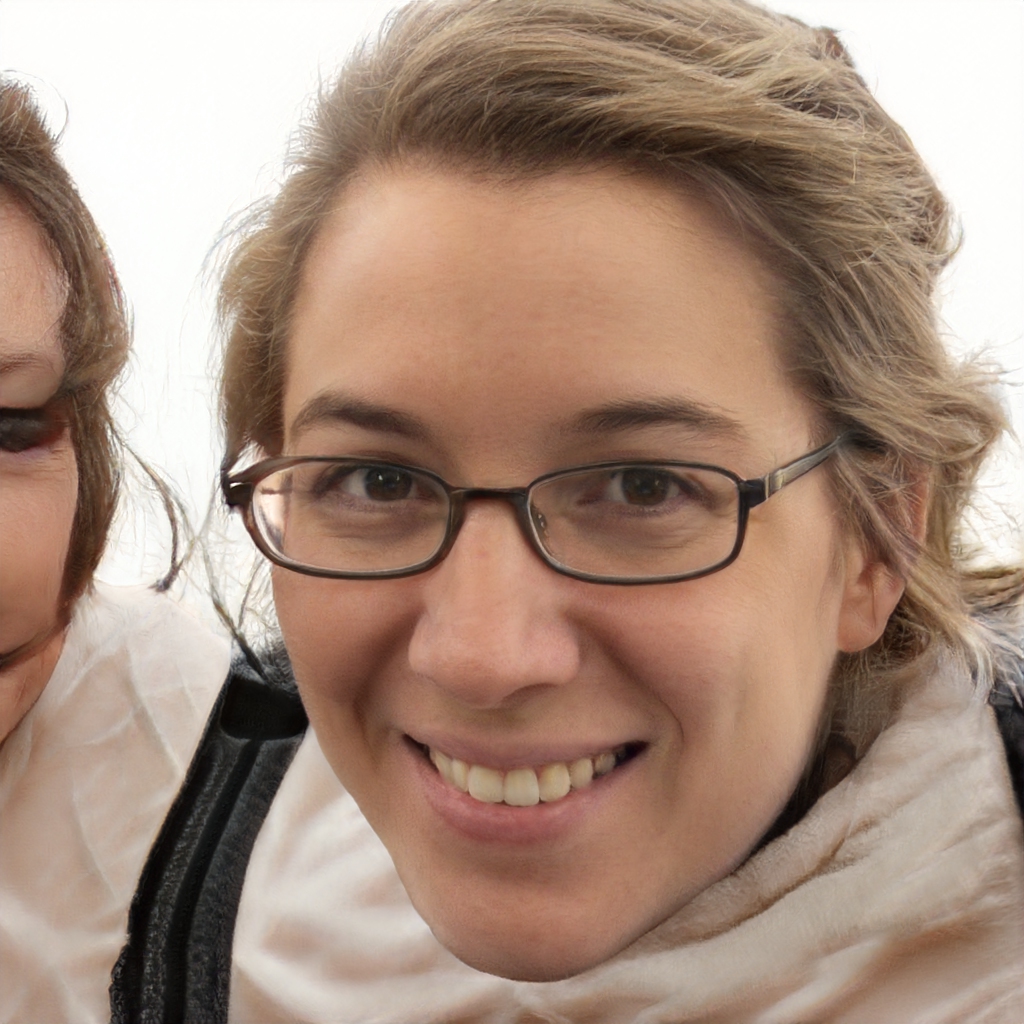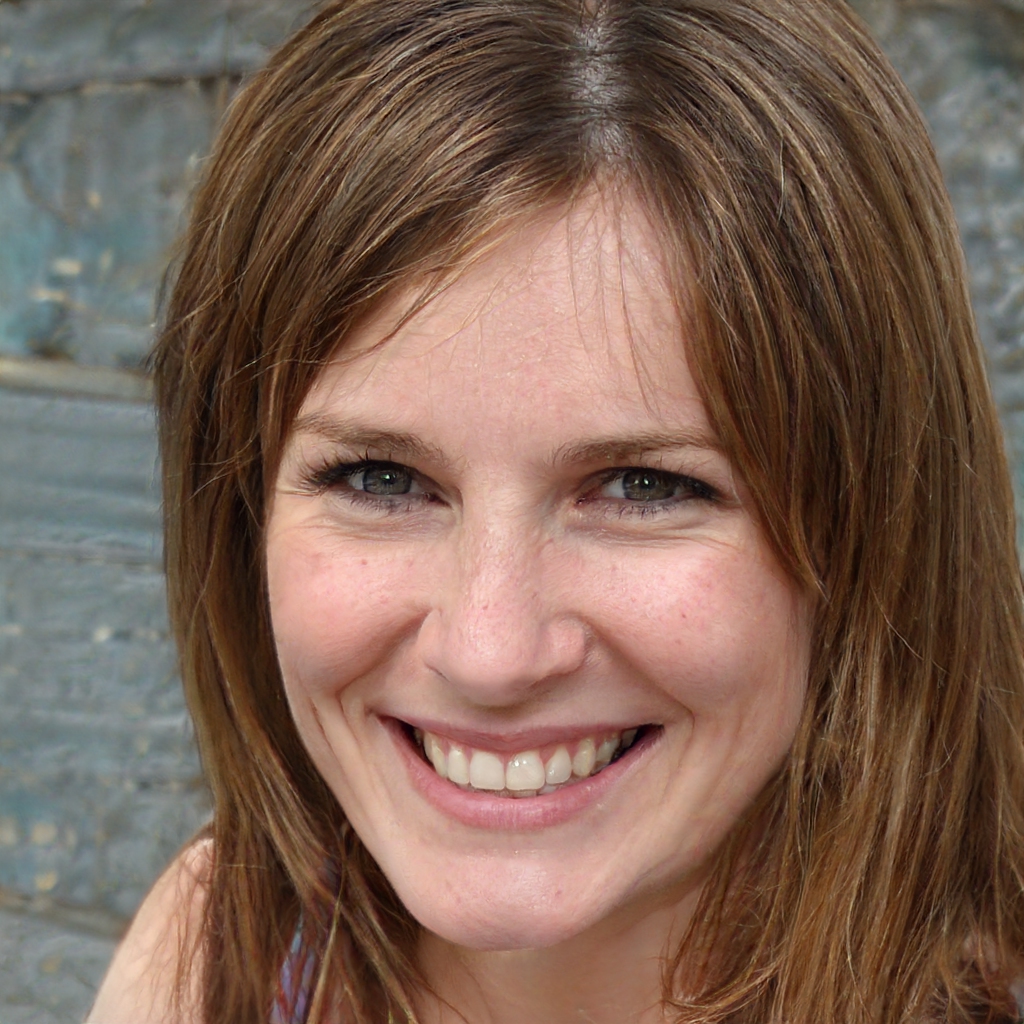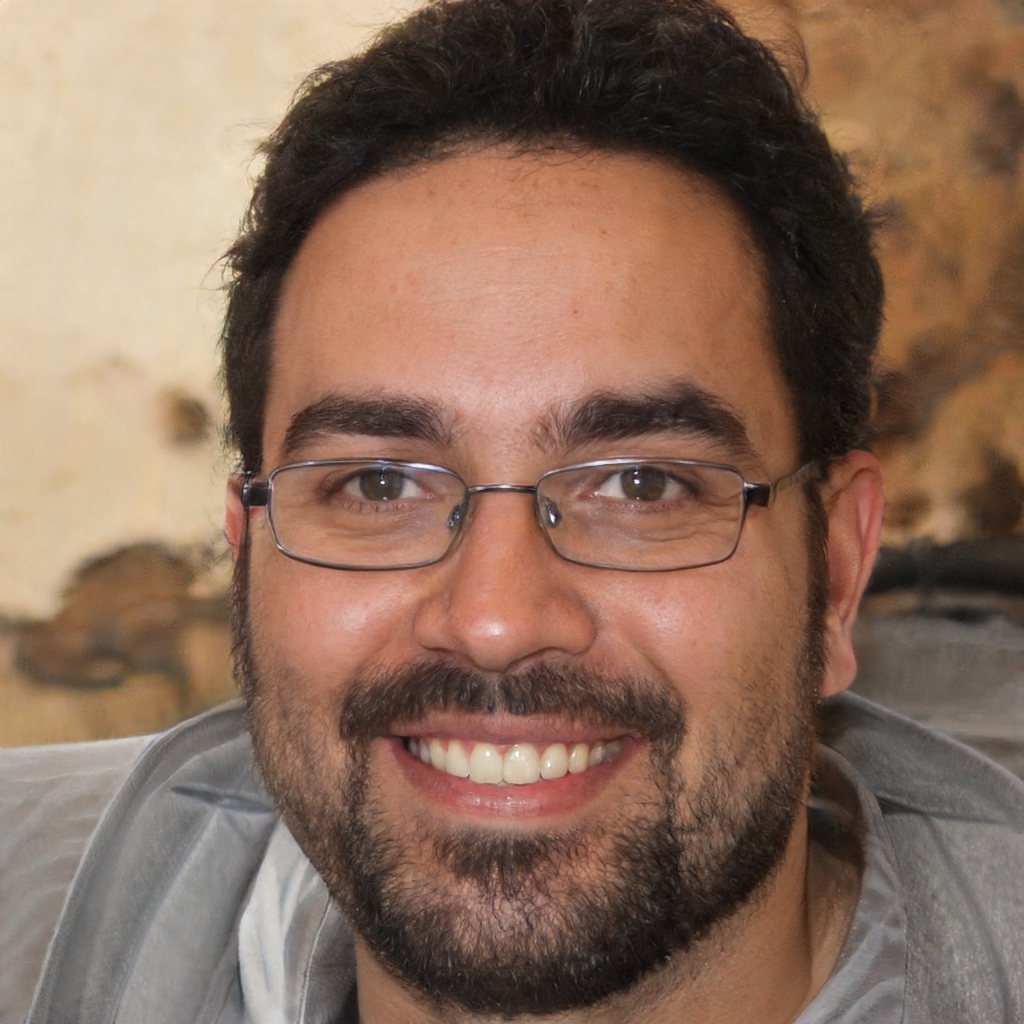Meet Our Team

Sean Alexander
Owner

Ashley Johnson
Registered Nurse

Jonathan Ramirez
Licensed Vocational Nurse

Amy Cooper
Associate Marriage & Family Therapist

Shannon Sharppe
BHT

Angel Shaw
Registered Nurse

Dominic Reynolds
Licensed Vocational Nurse

Ian Moore
Associate Marriage & Family Therapist
What people say about us
Find The Healing You Deserve
Asking for help can be hard at times. That is why at TRICARERehabs.com We offer a 100% private and confidential way to seek treatment. Whether you are looking for help for yourself or a loved one, we can help. Our phone lines are staffed 24/7 nights weekends and holidays help you in your time of need. Talk with us today.
FAQs
What can I expect from the admissions process?
Taking those first steps toward treatment and recovery can be difficult. Our staff is here to help you every step of the way. The purpose of the admissions process is not only to assist you or your loved one with the transition into treatment but also to ensure we have the information needed to match you with the appropriate care that fits your specific needs. During the admissions process, we will walk you through initial assessments and paying for rehab. We also coordinate whatever else is required to help you take the first steps toward recovery, including any necessary interventions.
- Does the Military Check Your Mental Health Records? - May 8, 2025
- Military Spouses and Addiction - April 8, 2025
- You Got a DUI in the Military? Get Answers - October 7, 2024
What are the benefits of traveling away from home for treatment?
Traveling for treatment lets you take a step back from the driving forces behind your addiction, whether they are stresses, individuals, or situations. Choosing to receive treatment in your local area can make it difficult to focus on what is most important, which is your recovery. Benefits of traveling for treatment:
Traveling allows you to escape negative social environments such as friends who abuse drugs or alcohol or strained family relationships.
Traveling removes you from stressful work environments.
Being away from home allows you to fully focus on your rehabilitation.
Putting physical distance between you and familiar environmental and social substance-use triggers aids in the recovery process.
- Does the Military Check Your Mental Health Records? - May 8, 2025
- Military Spouses and Addiction - April 8, 2025
- You Got a DUI in the Military? Get Answers - October 7, 2024
Can I bring money to treatment?
Yes, you can. Spending money will be locked in the office.
- Does the Military Check Your Mental Health Records? - May 8, 2025
- Military Spouses and Addiction - April 8, 2025
- You Got a DUI in the Military? Get Answers - October 7, 2024
What is the length of stay?
Research shows the longer clients stay in treatment, the better their chances of sustained recovery. To ensure maximum success, we offer 30-60 day programs based on individual needs.
- Does the Military Check Your Mental Health Records? - May 8, 2025
- Military Spouses and Addiction - April 8, 2025
- You Got a DUI in the Military? Get Answers - October 7, 2024
What can I expect from detox?
Addiction detox is a very important part of the recovery process because it removes toxins from the body caused by chemical dependency in a safe, medically supervised setting. The detox process typically lasts between 5-7 days and can be unpleasant at times. However, clients can expect our staff will make detox as manageable as possible, with features including individualized detox/tapering plans.
- Does the Military Check Your Mental Health Records? - May 8, 2025
- Military Spouses and Addiction - April 8, 2025
- You Got a DUI in the Military? Get Answers - October 7, 2024
Can I just get detox without entering inpatient or outpatient treatment?
No. Detox is not a stand-alone treatment option. Research shows the longer the time between detox and residential treatment, the greater the risk of relapse. This is why clients immediately transition from the detox program into one of our addiction treatment programs.
- Does the Military Check Your Mental Health Records? - May 8, 2025
- Military Spouses and Addiction - April 8, 2025
- You Got a DUI in the Military? Get Answers - October 7, 2024
What is aftercare?
An aftercare or discharge plan is a collaborative effort between the client and treatment team that helps the client cope with post-treatment challenges. Aftercare arranges for ongoing success in all areas of life. All of our clients leave treatment with a detailed aftercare plan complete with the contacts and resources needed to continue along the road of recovery—like medical appointments, local therapeutic resources, 12-step support groups, sober or transitional living, or any necessary means of continued support. Aftercare also includes follow-up calls between staff and clients.
- Does the Military Check Your Mental Health Records? - May 8, 2025
- Military Spouses and Addiction - April 8, 2025
- You Got a DUI in the Military? Get Answers - October 7, 2024
What is Post Acute Withdrawal?
An aftercare or discharge plan is a collaborative effort between the client and treatment team that helps the client cope with post-treatment challenges. Aftercare arranges for ongoing success in all areas of life. All of our clients leave treatment with a detailed aftercare plan complete with the contacts and resources needed to continue along the road of recovery—like medical appointments, local therapeutic resources, 12-step support groups, sober or transitional living, or any necessary means of continued support. Aftercare also includes follow-up calls between staff and clients.
- Does the Military Check Your Mental Health Records? - May 8, 2025
- Military Spouses and Addiction - April 8, 2025
- You Got a DUI in the Military? Get Answers - October 7, 2024
What is the difference between sober living and halfway houses?
Sober living environments are facilities typically located in quiet areas that provide structure and support for people in recovery. Residents of these homes are expected to re-connect with society while living among peers undergoing the same transition. Many individuals enter sober living environments to help them make a smooth, sober transition from residential treatment to independent living. Common features of sober living include:
Strict set of house rules, including hygiene, safety, and life-skills.
Self-accountability for maintaining the facility and completing assigned chores and responsibilities.
A zero-tolerance policy for drugs, alcohol, and even household items with high levels of alcohol content such as mouthwash, aftershave, and opiate-based cold medicines.
Halfway homes, commonly mistaken for sober living, are transitional living environments generally intended to help people reintegrate back into society after being incarcerated. Sober living homes are transitional living environments solely for those in recovery for addiction. As part of our aftercare planning, primary therapists and/or treatment teams help clients find sober living, if needed.
- Does the Military Check Your Mental Health Records? - May 8, 2025
- Military Spouses and Addiction - April 8, 2025
- You Got a DUI in the Military? Get Answers - October 7, 2024
Don't Wait Any Longer
Make an Appointment Today !
Our mission is all about changing lives. Working with 5 star In-network TRICARE addiction treatment programs across the nation, we help connect you with the best detox and inpatient treatment programs that help people get back on their feet.
Our dedicated team of trained addiction professionals and treatment partners provide individualized addiction treatment programs for recovery.
- Does the Military Check Your Mental Health Records? - May 8, 2025
- Military Spouses and Addiction - April 8, 2025
- You Got a DUI in the Military? Get Answers - October 7, 2024





